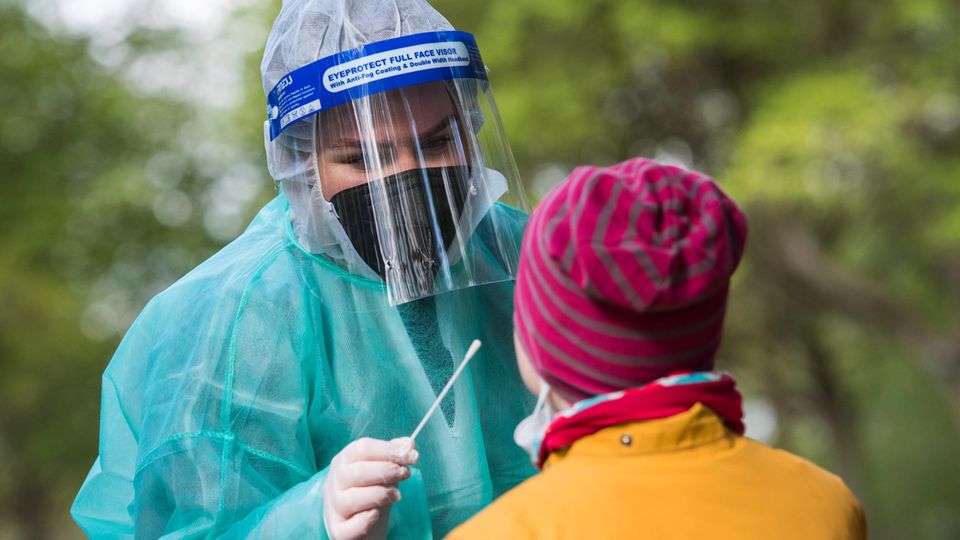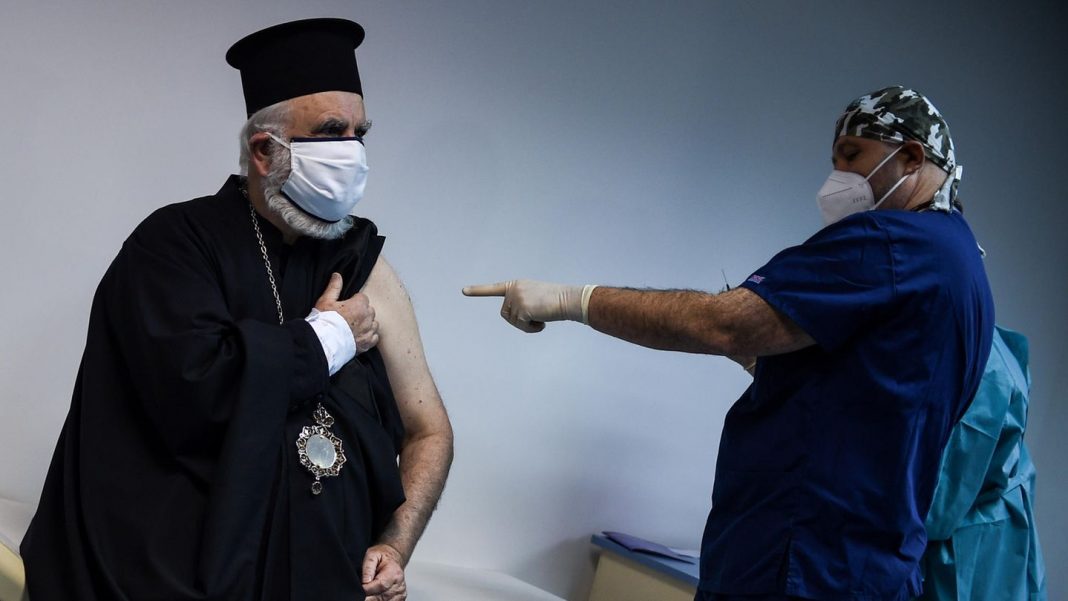The coronavirus continues to have a firm grip on the world and ensures that no relaxation occurs with ever new variants. Vaccination is considered the most important tool to get the pandemic under control. Where possible, people roll up their sleeves and get vaccinated against the corona virus. Especially in the richer countries, syringe after syringe is put.
The vaccinations are intended to ensure that contagions are contained, severe disease processes and deaths are avoided. The goal is that at some point so many people are immune to the virus that it loses its assertiveness. But there is still a long way to go. The virus adapts, always forms new variants. An example of this is the delta variant, which is more contagious and dangerous than other variants, may also be more resistant to vaccination and is now again causing an increase in infection numbers even in countries with a high vaccination rate.
Variants, variants, variants
“Mutations can also occur in the well-vaccinated population. The virus always strives to ensure its survival,” explained Oliver Harzer, managing director of Bioscientia, in the star-Interview. If a so-called selection pressure is built up by vaccination, “then perhaps we will also produce a changing virus in Germany,” he said.
Nevertheless, the more people are immunized against the virus, the less attack surface it finds. In addition, the scientists are working on making the vaccine even better. Manufacturers see a possibility, for example, in the third-party vaccination, which should provide the immune system with an additional boost. In Israel, such booster shots are already offered to people with weakened immune systems.

Preparations are already underway in Germany for possible third-party vaccinations, said government spokesman Steffen Seibert. However, the data available is not yet sufficient. The manufacturers also stated that the adaptation of vaccines to new variants was possible relatively quickly.
Meanwhile, vaccination campaigns continue in the individual countries. We give an overview of the progress in the photo series above.


